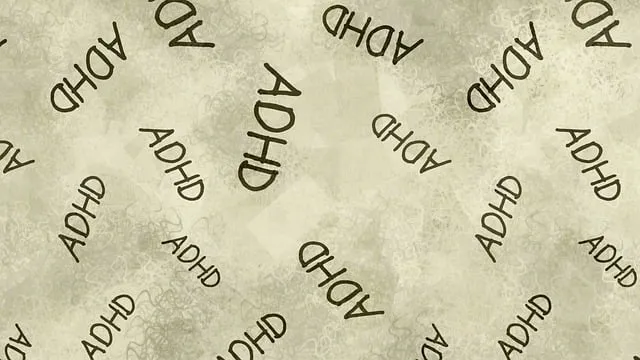Public awareness campaigns, like Kaiser Lone Tree's initiatives, play a vital role in tackling mental health issues by educating communities and encouraging support-seeking behaviors. Through targeted strategies, including wellness journaling, mental health events, and stress management workshops, they empower individuals to take control of their well-being. This approach enhances mental wellness outcomes, demonstrating the success of tailored campaigns. Measuring success involves tracking improvements in community knowledge, attitudes, and behaviors, such as increased service utilization (like calls to help lines) and policy changes. Integrating Mind Over Matter Principles ensures long-term impact by fostering resilience and managing demand for mental health services through Kaiser Lone Tree.
Public awareness campaigns play a pivotal role in promoting mental health service access. This article explores strategies for developing effective initiatives, using Kaiser Lone Tree as a case study. We delve into understanding these campaigns and their impact on fostering continuity of care. By examining successful approaches, we provide insights into how to engage communities and encourage individuals to seek mental health services, similar to the model offered by Kaiser Lone Tree.
- Understanding Public Awareness Campaigns: Unlocking Mental Health Service Access
- Strategies for Effective Campaign Development: Kaiser Lone Tree as a Case Study
- Measuring Success and Long-term Impact: Ensuring Continuity of Care for Mental Health Services
Understanding Public Awareness Campaigns: Unlocking Mental Health Service Access

Public awareness campaigns play a pivotal role in shedding light on mental health issues and demystifying access to services. These initiatives are crucial in reaching a broad audience, fostering understanding, and encouraging individuals to seek support. By designing targeted strategies, organizations like Kaiser Lone Tree can effectively communicate the availability and accessibility of mental health services.
One way to enhance public awareness is by promoting self-care practices such as mood management techniques and compassion cultivation, which empower individuals to take charge of their well-being. Encouraging a routine focused on these aspects can be a game-changer for those struggling with mental health challenges. Additionally, campaigns should educate the public about available resources, including counseling services and support groups, making it easier for folks to take that first step towards improving their mental health.
Strategies for Effective Campaign Development: Kaiser Lone Tree as a Case Study

Public awareness campaigns play a pivotal role in educating communities and encouraging individuals to seek support for their mental health. One successful example is Kaiser Lone Tree’s initiative, which has effectively reached out to its community with valuable resources and guidance on how to get mental health services. By employing strategic approaches, this campaign has significantly enhanced mental wellness among its target audience.
The case study of Kaiser Lone Tree highlights the importance of personalized messaging. They utilized mental wellness journaling exercises as a creative tool to engage individuals in self-reflection and promote open conversations about mental health. This interactive approach, combined with mental health awareness events, allowed them to connect with people from diverse backgrounds. Additionally, providing practical stress management techniques through workshops and online resources has empowered community members to take charge of their mental well-being. Such tailored strategies ensure that the campaign resonates with individuals, encouraging proactive steps towards seeking help and improving overall mental health outcomes.
Measuring Success and Long-term Impact: Ensuring Continuity of Care for Mental Health Services

Measuring success and gauging the long-term impact of public awareness campaigns is paramount to ensuring sustainable mental health services, such as those offered by Kaiser Lone Tree. It involves going beyond immediate campaign engagement to track improvements in knowledge, attitudes, and behaviors related to mental health. This process includes collecting data on service utilization, like increases in patient visits or calls to help lines, as well as monitoring changes in community support and policy decisions influenced by the campaign’s messaging.
To foster continuity of care, it’s essential to integrate Mind Over Matter Principles into ongoing initiatives. Risk Management Planning for Mental Health Professionals plays a crucial role here, ensuring practitioners are equipped to handle rising demand and potential risks associated with public mental health interventions. Moreover, promoting Self-Care Routine Development for Better Mental Health among both service providers and the community strengthens resilience and sustains long-term campaign gains.
Public awareness campaigns, as demonstrated by Kaiser Lone Tree’s successful initiative, play a pivotal role in improving access to mental health services. By employing strategic communication methods and tailored approaches, communities can effectively reach individuals in need. Measuring the impact of these campaigns is essential to ensure long-term continuity of care, ultimately fostering better mental well-being for all. Understanding how to leverage these campaigns, as seen through Kaiser Lone Tree’s example, equips us with the tools to guide people towards the support they require, enhancing society’s overall resilience and health.






